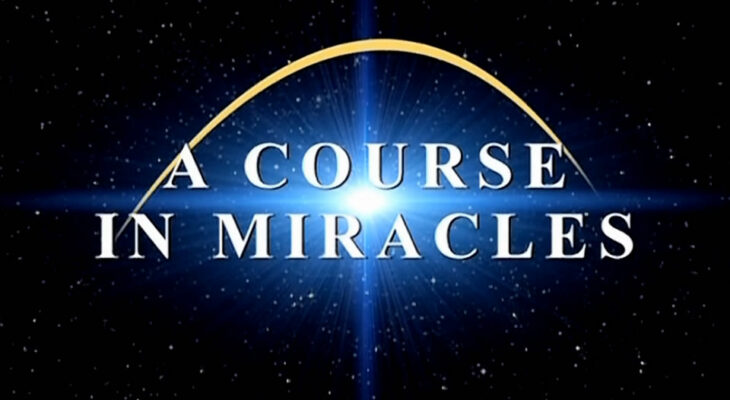A Course in Miracles (ACIM) is a spiritual curriculum that has gained widespread recognition and appreciation for its profound teachings on forgiveness, love, and the nature of reality. Developed by Dr. Helen Schucman and Dr. William Thetford in the 1960s, ACIM offers a unique and transformative approach to spirituality. In this article, we will explore the key principles of ACIM and its impact on personal and spiritual growth.
- Origins of A Course in Miracles:
ACIM is the result of a collaborative effort between two psychologists, Dr. Schucman and Dr. Thetford, who were colleagues at Columbia University’s College of Physicians and Surgeons. The course was channeled through Schucman, who claimed to receive dictation from an inner voice she identified as Jesus Christ. Despite its unconventional origins, ACIM has attracted a diverse following and has been translated into numerous languages. - Core Principles of ACIM:
At the heart of ACIM is the concept of forgiveness as the pathway to inner peace and spiritual awakening. The course emphasizes that true forgiveness is the key to undoing the ego’s illusions and recognizing the inherent oneness of all beings. ACIM introduces the idea that the world we perceive is a projection of our own thoughts and beliefs, and by changing our minds, we can change our experience of the world. - The Three Parts of ACIM:
ACIM is divided into three parts: the Text, the Workbook for Students, and the Manual for Teachers. The Text provides the theoretical foundation, explaining the metaphysical principles underlying the course. The Workbook for Students consists of 365 lessons, each designed to shift the practitioner’s perception and understanding of themselves and the world. The Manual for Teachers offers guidance on how to apply the course’s principles in daily life. - Practical Application:
ACIM encourages its students to actively apply its teachings in their everyday lives. This involves practicing forgiveness, cultivating inner stillness through meditation, and extending love and compassion to others. The practical nature of ACIM distinguishes it from purely theoretical spiritual teachings, making it accessible to individuals seeking tangible transformation. - Criticism and Controversies:
Like any spiritual teaching, ACIM has faced criticism and controversies. Some skeptics question the legitimacy of Schucman’s claim to have received guidance from Jesus Christ, while others find the metaphysical concepts challenging to accept. However, the course’s enduring popularity and the transformative experiences reported by its practitioners attest to its impact. - Community and Resources:
ACIM has spawned a global community of dedicated students and teachers. Workshops, study groups, and online resources provide support for those undertaking the course. The collaborative nature of ACIM study groups allows participants to share insights, discuss challenges, and deepen their understanding of the course’s principles. - Conclusion:
A Course in Miracles offers a unique and potent pathway to spiritual awakening through. The practice of forgiveness and the recognition of our shared identity. While not without its critics, the course’s enduring popularity and impact on individuals around. The world underscore its significance in the realm of spiritual literature. Whether one is a seasoned spiritual seeker or a newcomer to such teachings. ACIM provides a thought-provoking and transformative journey toward inner peace and self-realization.

